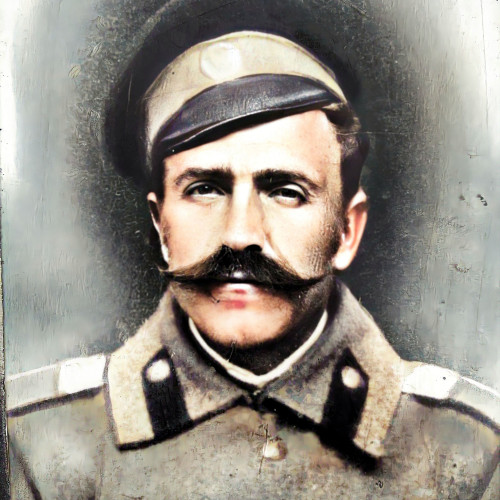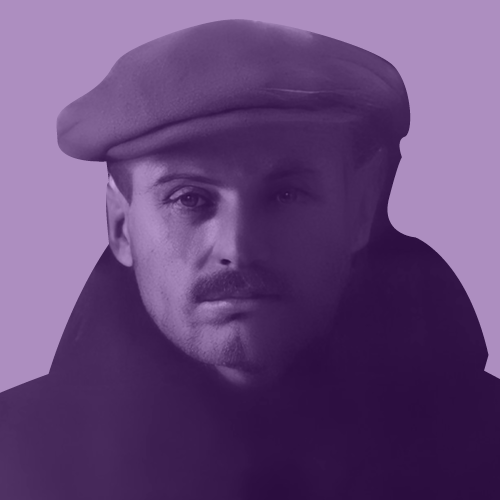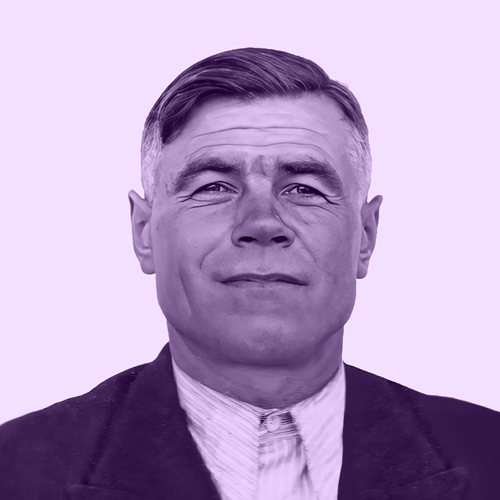Svensson Bernacka Walborg - Instytut Pileckiego
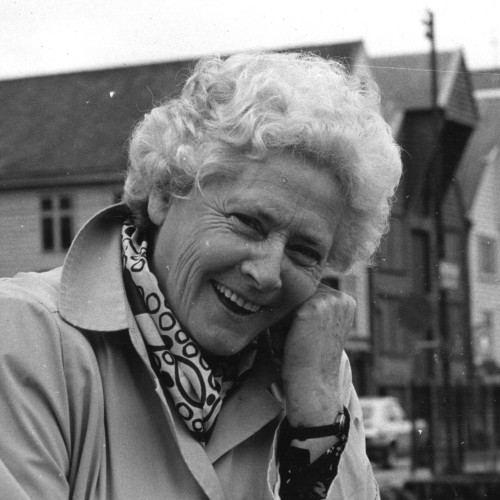
Her first contact with Poles dated back to the Second World War, when she was helping prisoners of the German labor camp in Sandnes, a city located less than 16 kilometers from Stavanger.
She came from Stavanger, a large port city in the south of Norway. Under threat of imprisonment, Walborg smuggled food, clothes and medicaments, as well as relayed frontline news she had heard on the radio. It was then that she met Antoni Bernacki, a Polish infantry soldier who, as a prisoner of war, worked at building bunkers in Stavanger.
What started as a chance meeting turned into a love story. In 1946, Walborg
followed Antoni to Poland, and a year later she married him and took Polish
citizenship. The couple settled in Nowy Sącz, where they ran a horticultural
farm. They had four children. For Walborg, Poland became a second home.
In 1980, Walborg made the difficult decision to move back to Norway with
her two younger children, but she traveled regularly between Stavanger and
Nowy Sącz whenever possible. She formed a strong bond with Poland and
its residents, who suffered great economic hardship under the communist
rule. This prompted Walborg to organize help for the people of Nowy Sącz,
among whom she had lived for more than 30 years. Working with a group of
Norwegian friends, she sent the first humanitarian transport before Martial
Law was declared in Poland on 13 December 1981. Thanks to her efforts, more than 40 containers with medicaments, food and clothes were collected and delivered to Poland. It was also through her help that more than 800 Norwegian families established contact with the residents of Nowy Sącz who were in need of assistance. After the Martial Law was abolished, Walborg continued her aid work, organizing summer stays in Norway for Polish children from impoverished families and conducting other activities. She passed away on 9 November 2005 in Stavanger.
“It was said that her life was a lesson in selflessness and brotherhood
between nations. She had the gift of uniting people and knew how to
foster a sense of solidarity. She was a remarkable person. She came from
a country that is perceived as cold, but her heart was very warm. She
exuded joie de vivre, selflessness and honesty. She drew people to her
and shared the best she had with them.”
A recollection by Alicja Kalita, a resident of Nowy Sącz: Dwa serca przestały bić, “Dziennik Polski”, 16 November 2005
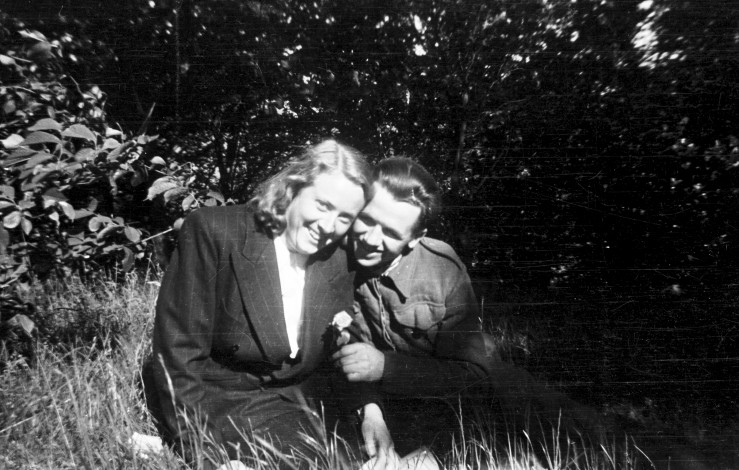
See also
- Trofim Danieluk

awarded
Trofim Danieluk
(1880–1960)“Upon realizing the danger I was in, Ifled and hid among potato shoots. I owe my life to Trofim Danieluk, who said I hadn’t been home for the last three days, when asked by the murderers from the Ukrainian Insurgent Army” – reported Władysław Zubkiewicz.
- Semen Biliczuk

awarded
Semen Biliczuk
(1890–1944)Jews, Ukrainians, Poles – the population of the prewar village of Kisielin [now Kysylyn] [now Kysylyn] was characterized by a vivid mosaic of ethnic and religious groups. The leader of such a community had to be able to find a common ground with everyone.
- Piotr Parfeniuk

awarded
Piotr Parfeniuk
(1904–1993)Although his given name was Petro, Parfeniuk used the name Piotr for the majority of his long life. Before the outbreak of the war, he met his future wife, Stanisława, from the Polish Czerwinek family.
